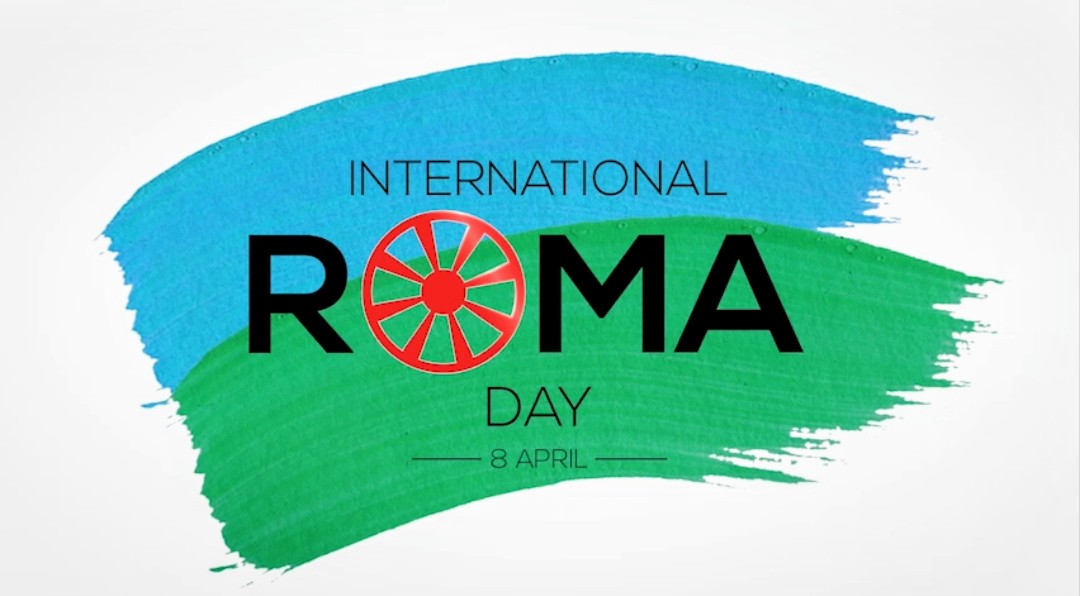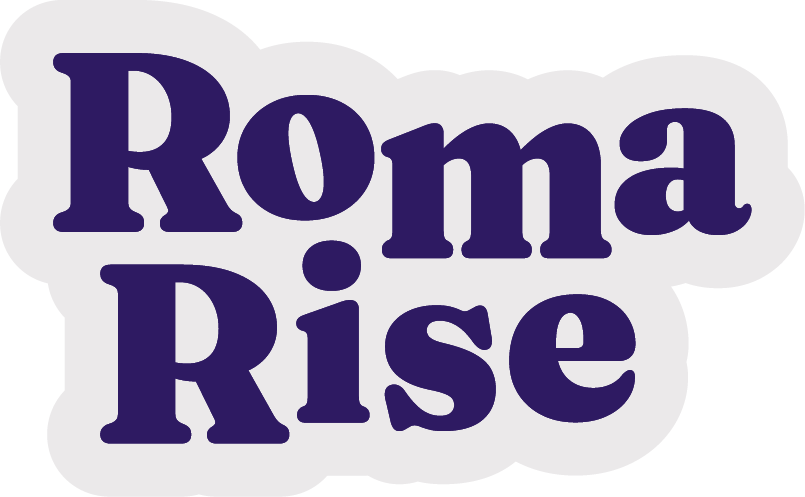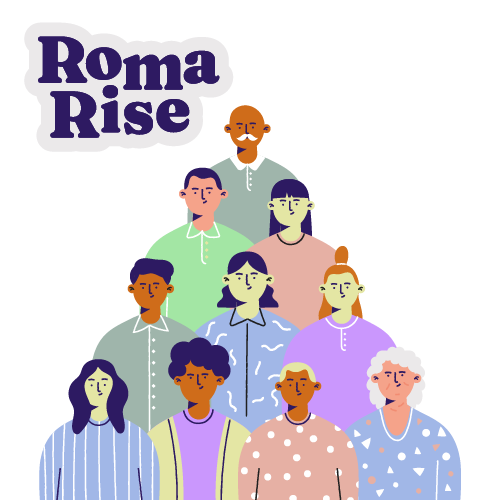April 8 marks International Roma Day, dedicated to celebrating Europe's largest ethnic minority—the Roma—many of whom still face discrimination and social exclusion. Beyond raising awareness of these challenges, the day also highlights the rich history, culture, language, and aspirations of Roma communities, which are often overlooked across Europe. Promoting these elements is essential to fostering mutual understanding and building stronger, more inclusive societies.
The European Union plays a key role in supporting the preservation and promotion of Roma culture and the Romani language. This work is rooted in EU legislation aimed at protecting cultural and linguistic diversity, as well as the Council of Europe’s Charter for Regional and Minority Languages.
Through dedicated funding and programmes, the EU supports efforts to study and revitalise Romani and its many local dialects, some of which are at risk of disappearing. Several EU Member States also implement educational initiatives to include Roma history, language, and culture in school curricula, helping future generations to better understand and value this integral part of Europe’s cultural heritage.




